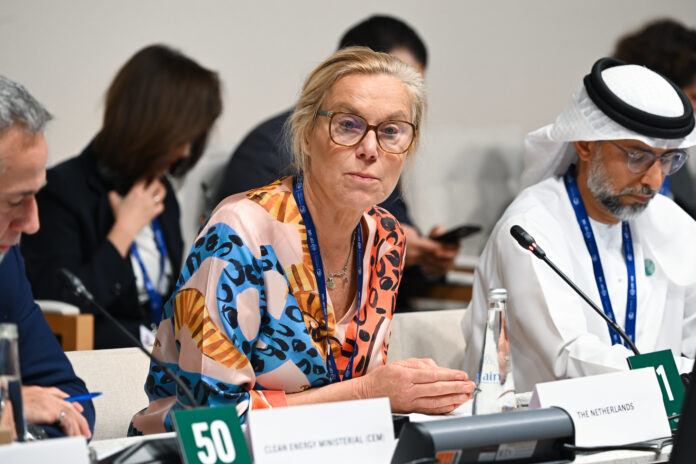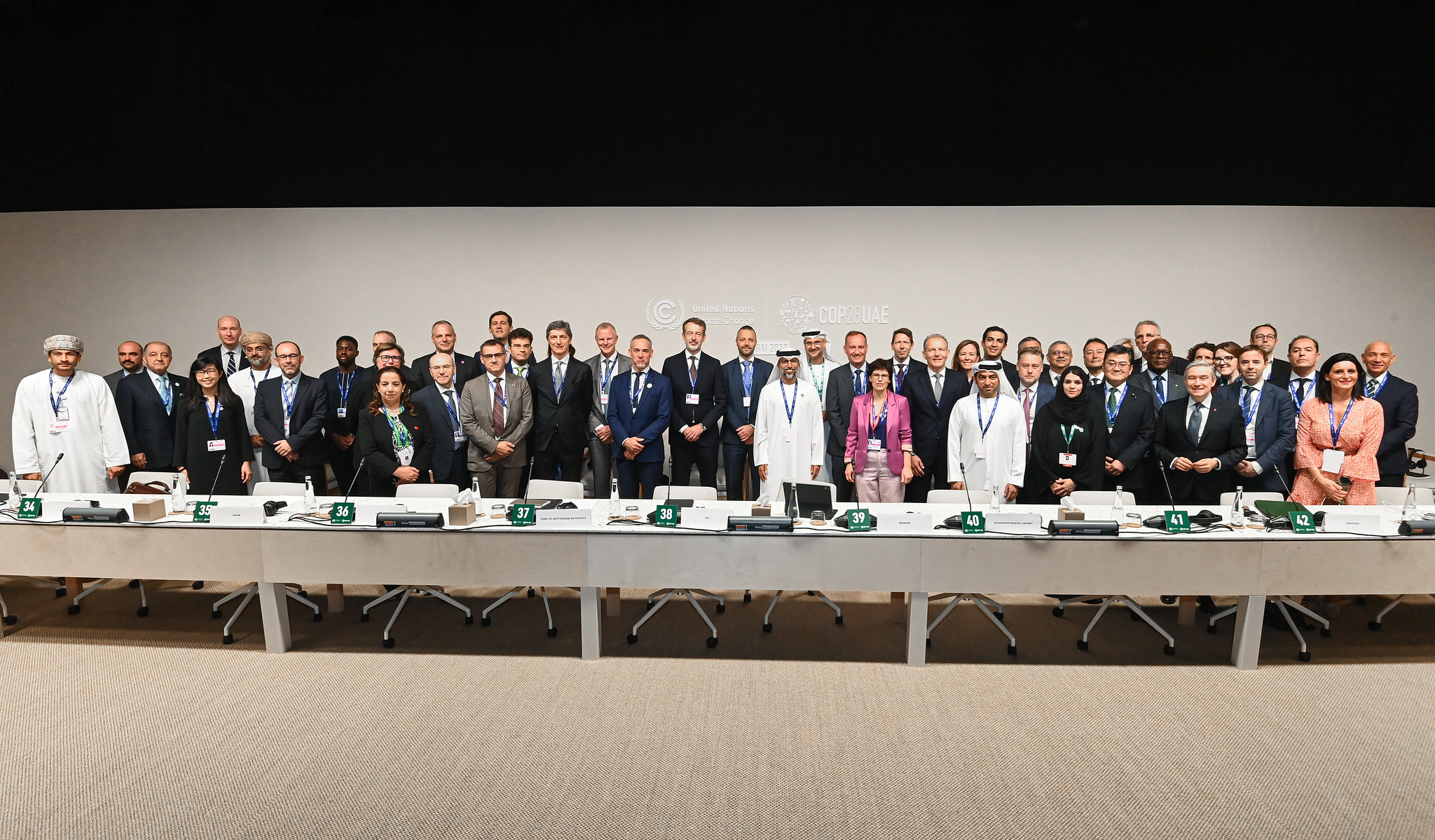
By Mary Mwendwa
Nairobi, Kenya: Eight donor governments have pledged new commitments to the Least Developed Countries Fund (LDCF) and Special Climate Change Fund (SCCF) and signaled their political support for the unique roles these funds play in addressing climate resilience needs.
The commitments made at COP28 in Dubai were significantly higher than the amount pledged to the LDCF and SCCF during COP27 in Sharm El-Sheikh last year.
Belgium, Canada, France, Germany, Norway, Spain, Sweden, and the United Kingdom announced new pledges totaling $174.2 million for the LDCF and SCCF, which are hosted by the Global Environment Facility.
Ahmed Hussen, Minister of International Development of Canada noted how Canada has a strong relationship with the GEF, having established the Global Biodiversity Framework at COP15 in Montreal, and launched the Global Biodiversity Framework Fund at the Seventh GEF Assembly in Vancouver this summer. “In these times of accelerated climate risks and impacts worldwide, Canada is pleased to support the GEF’s Special Climate Change Fund to accelerate private finance in adaptation, and address the adaptation needs of Small Island Developing States,” he said.
Several countries including Denmark, Ireland, the Netherlands, Switzerland, and the United States further stressed the importance of the targeted support the LDCF provides to the 46 Least Developed Countries and the SCCF provides to Small Island Developing States, in addition to its focus on technology transfer and private sector engagement for climate adaptation.
Every country in the world is experiencing the impacts of climate change, and developing countries with limited public resources face particular challenges from crises including record temperatures, storms, floods, and droughts.

Countries eligible for LDCF and SCCF funding welcomed the new commitments which can enable them to shore up their investments to improve access to water, support resilient livelihoods, fortify crops, protect ecosystems, and reduce strains on natural landscapes.
“The decision to increase financial support to the LDCF and SCCF sends a positive signal for global solidarity,” said Alioune Ndoye, Minister of Environment and Sustainable Development of the Republic of Senegal and Chair of the Least Developed Countries (LDC) Group, representing lowest income countries in UN climate negotiations. “There is an abundance of ambition and determination within our countries to counter the effects of a cascading disaster for which we are least responsible. What has been lacking is the necessary finance to turn urgent priorities and ideas into practice.”
“People living in vulnerable small island countries need increased access to finance to deal with the growing storm,” said Fiamē Naomi Mata’afa, Prime Minister of Samoa and Chair of the Alliance of Small Island States (AOSIS). “Climate change is a moral issue for us. One that represents an existential challenge for island nation residents who face eviction from its effects with no prospect of return. Nobody should be forced from their home because of humanity’s collective inability to work within the boundaries of nature.”
The SCCF has two funding windows – one to finance technology transfer and private sector engagement for scaling up innovative approaches to climate adaptation, and one to address the adaptation needs of Small Island Developing States, as elaborated in the GEF’s recent climate adaptation strategy.
The head of the Global Environment Facility welcomed the climate adaptation funding boost provided in Dubai as a needed step as countries look to work together to change business-as-usual and invest in a greener, bluer, livable planet. “We can only tackle climate change by working together, and adaptation finance is an important piece of this,” GEF CEO and Chairperson Carlos Manuel Rodriguez said. “The LDCF and SCCF are critical pieces of this architecture and we are grateful for the contributions and endorsements of our approach.”













